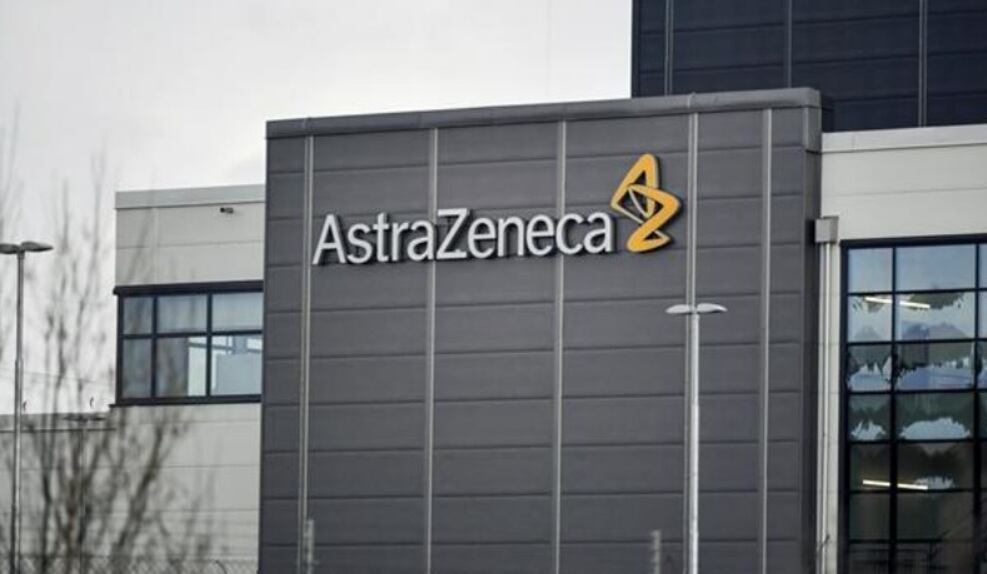The U.K.’s largest listed company, drugs giant AstraZeneca (AZN.L), may soon decide to carve out its China business and list it as a separate entity in Hong Kong or Shanghai, according to the Financial Times. The Anglo-Swedish firm has reportedly been in discussions with bankers on the idea for months, and it is one of several multinationals with a significant presence in China that are considering separating their China operations from their other businesses to shield them from rising geopolitical tensions between the U.S. and Beijing.
The drugmaker has a combined market value of about PS182 billion (USD233 billion), making it bigger than Shell and HSBC. Last year, it made sales of 5.7 billion dollars in China. A separation would not necessarily protect the company from political reprisals in Beijing, but it could help to reassure investors that they are not too exposed to the country. AstraZeneca is known for its development, with researchers at the University of Oxford, of the Covid-19 vaccine.
On Friday, Leon Wang, AstraZeneca’s international executive vice president, and China president, told Yicai Global that the company will “build a local, transnational company in China that loves the Communist Party and loves the country.” His remarks came as the FTSE 100 group celebrated its 30th anniversary in China with an event in Wuxi.
While many Chinese companies have pledged allegiance to the ruling Communist Party as Xi Jinping has strengthened the party’s role throughout society and its economy, such messaging is still rare from foreign firms. Nevertheless, the company is reportedly upbeat about its prospects in China and has invested heavily there recently. For instance, the firm is boosting its manufacturing capacity in the country and is building a $450 million factory to make inhalers there. Last year, China accounted for 13% of its total sales.
AstraZeneca’s China president outlined the new strategy in a speech this month at a forum in Shanghai on how foreign companies can work with China. He cited the importance of building trust to succeed in a “more complicated and contested world” and strengthen cooperation between the two countries.
AstraZeneca’s China business accounts for about 13% of its overall sales, and the country is its second-biggest market. The drugmaker is also betting on China’s healthcare sector, and in May, signed a partnership deal with Shanghai LaNova Medicines to develop a new inhaler for people with chronic respiratory conditions such as asthma. The country has a large population is expected to become the world’s biggest pharmaceutical market in 2022. Since China started reopening its borders this year after its three-year zero-Covid policy ended, many heads of foreign firms, including AstraZeneca’s Pascal Soriot and Apple’s Tim Cook, have paid visits to stress their commitment to the country. However, a recent crackdown by the authorities on consulting and due diligence firms has unnerved some foreign investors. Many companies use these firms to research the market and conduct prospective deals.



